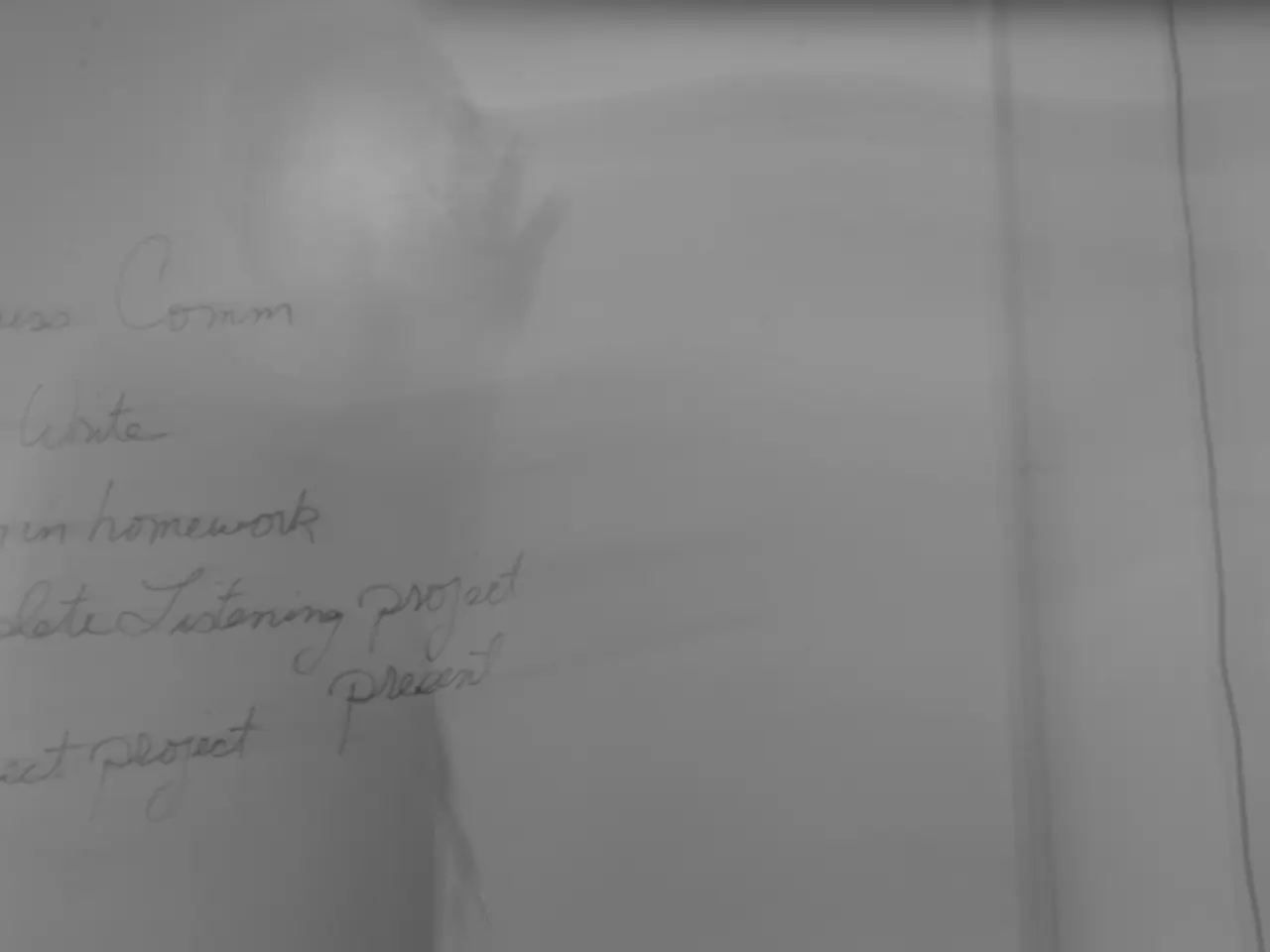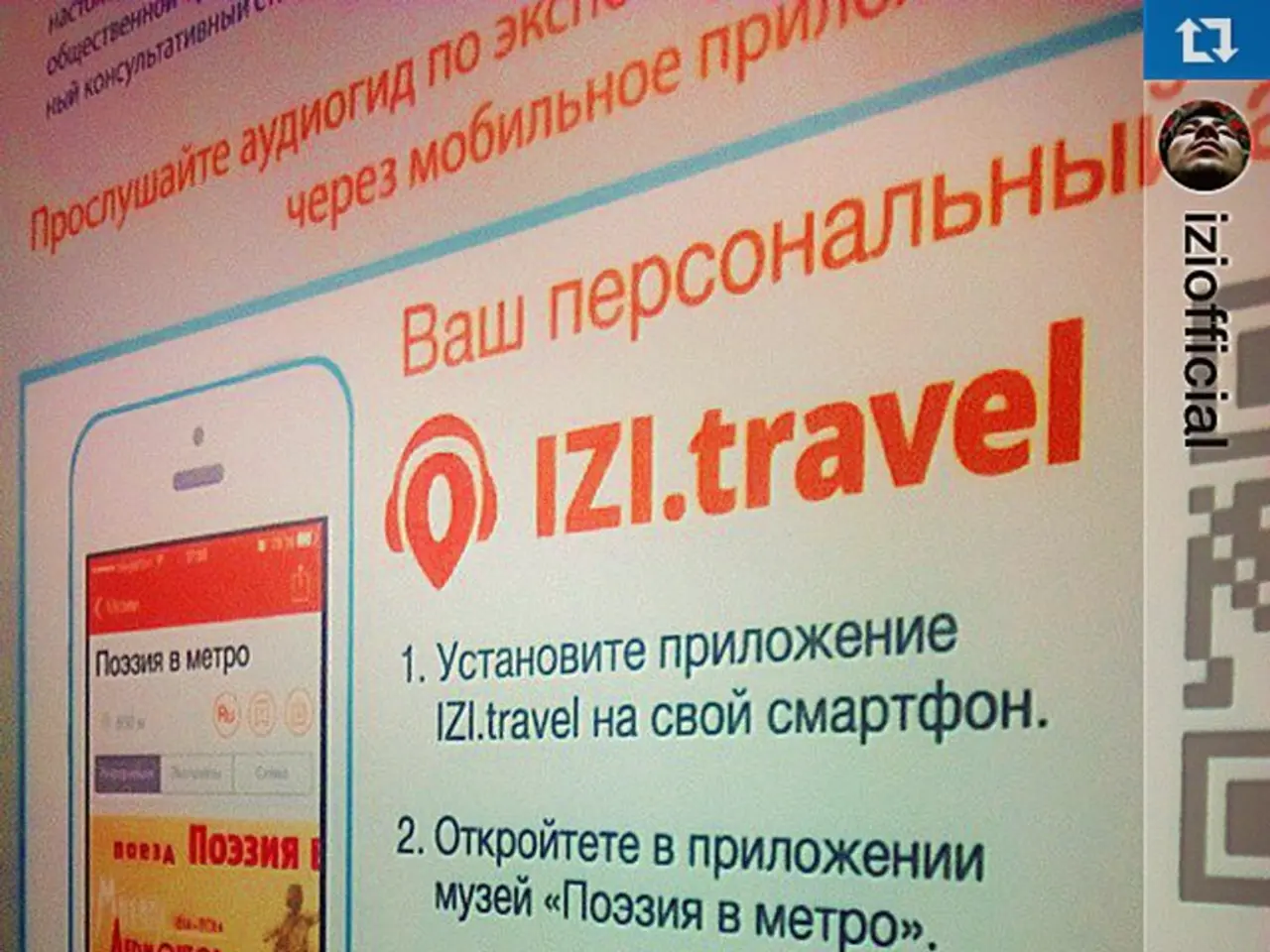Approximately one-fifth of finance heads believe the United States has already entered a state of recession.
The American Institute of Certified Public Accountants (AICPA) and Chartered Institute of Management Accountants (CIMA) recently conducted a second-quarter economic outlook survey, gathering responses from 328 CPAs and chartered global management accountants in leadership positions. The findings reveal a shift in sentiment among business executives about the U.S. economy, with growing concerns about the possibility of a recession.
According to the survey, more than half of the respondents (51%) are Certified Public Accountants, and 19% are controllers or comptrollers. A significant drop in optimism is evident, as 67% of business executives reported feeling optimistic about the U.S. economy at the end of 2024, compared to just 27% as of the current time. This optimism has "ebbed dramatically" in the past two quarters, according to AICPA officials.
When asked about the largest economic risks, 63% of the respondents pointed to "trade issues" broadly, and 60% of audit partners cited a recession as the largest economic risk for the businesses they work with. This aligns with other recent surveys of finance leaders.
The survey results show that 34% of business executives expect a recession by the end of 2025, and an additional 7% expect one sometime in 2026. However, 39% remain uncertain about the possibility of a recession. Among those expecting a recession, most anticipate it will be moderate rather than severe, with 57% believing it will be moderate and 18% believing it will be severe.
One in five business executives believe the United States has already entered a recession, as of the second quarter of 2022. Concerns about tariffs are also present, with more than half of the surveyed business executives experiencing some level of uncertainty due to tariffs. Approximately 35% of respondents said they're increasing their prices for customers as a result of tariffs, and 23% said tariffs have been "insignificant."
Economists like Torsten Sløk warn that the U.S. economy could face stagflation—a combination of stagnant growth and inflation—primarily driven by tariffs increasing import costs. Deloitte's June 2025 forecast predicts the U.S. will enter a recession in late 2025, with a 1.7% decline in real GDP in 2026 and unemployment rising to 6% by mid-2026. The recovery is not expected until 2027.
In summary, a significant portion of business leaders and leading economists now expect a recession by 2026, with some indicating it could start as early as mid-2025, while others remain uncertain. Concerns are fueled by slowing growth, inflation pressures, rising unemployment, and the economic impact of tariffs and fiscal policy. Businesses are delaying hiring, investment, and expansion plans due to economic uncertainty and policy volatility.
- The survey findings indicate that a recession is a significant concern for business executives, with 60% of audit partners citing it as the largest economic risk for the businesses they work with.
- According to the survey, more than one-third (34%) of business executives expect a recession by the end of 2025, and an additional 7% expect one sometime in 2026, reflecting growing worries about the U.S. economy.
- Economists, such as Torsten Sløk, foresee the possibility of stagflation, a combination of stagnant growth and inflation, being primarily driven by tariffs increasing import costs.
- Businesses are figuring out strategies to cope with the economic risks, with approximately 35% of respondents stating they're increasing their prices for customers as a result of tariffs. The uncertainty and policy volatility are causing businesses to delay hiring, investment, and expansion plans.





